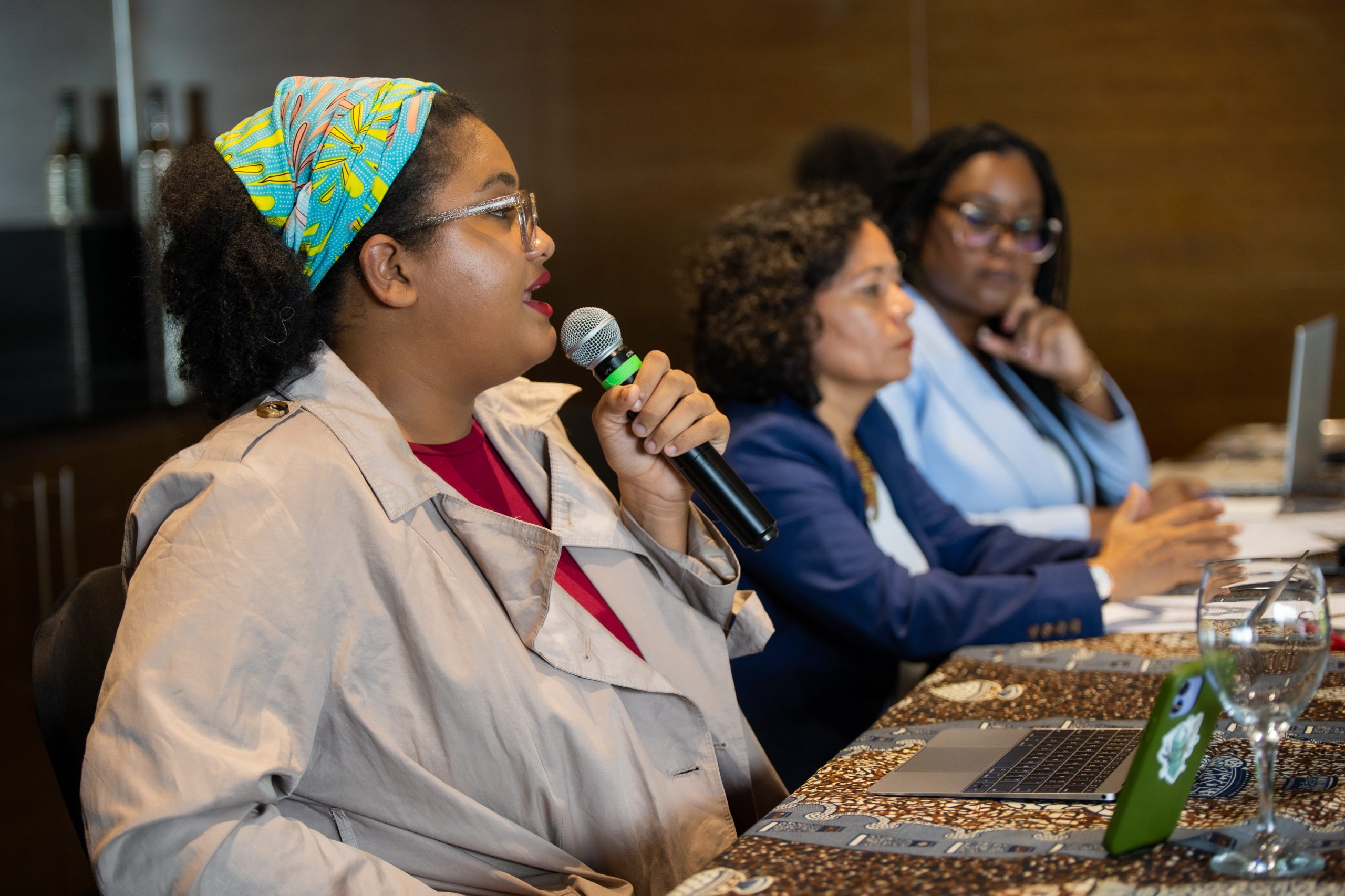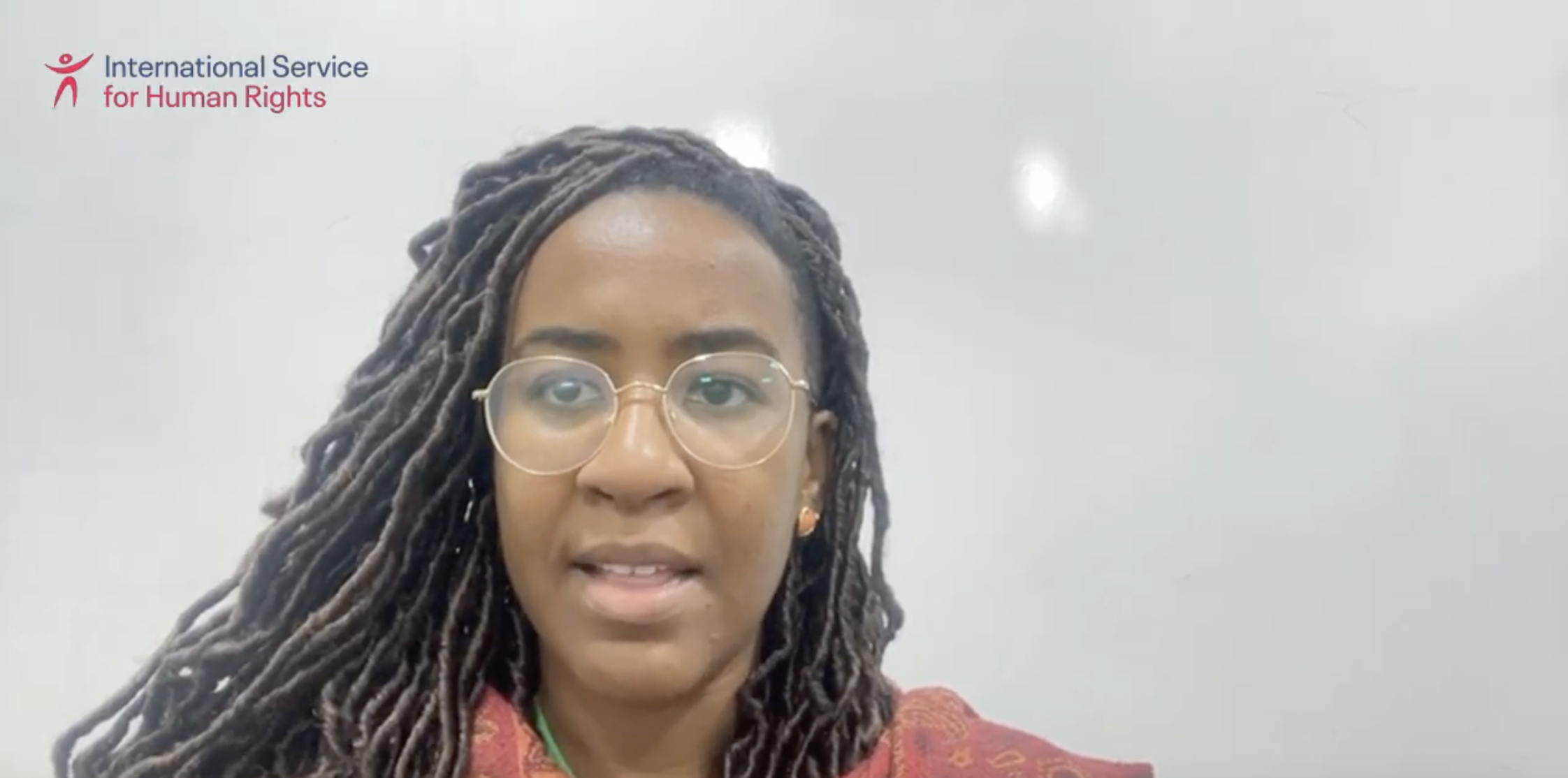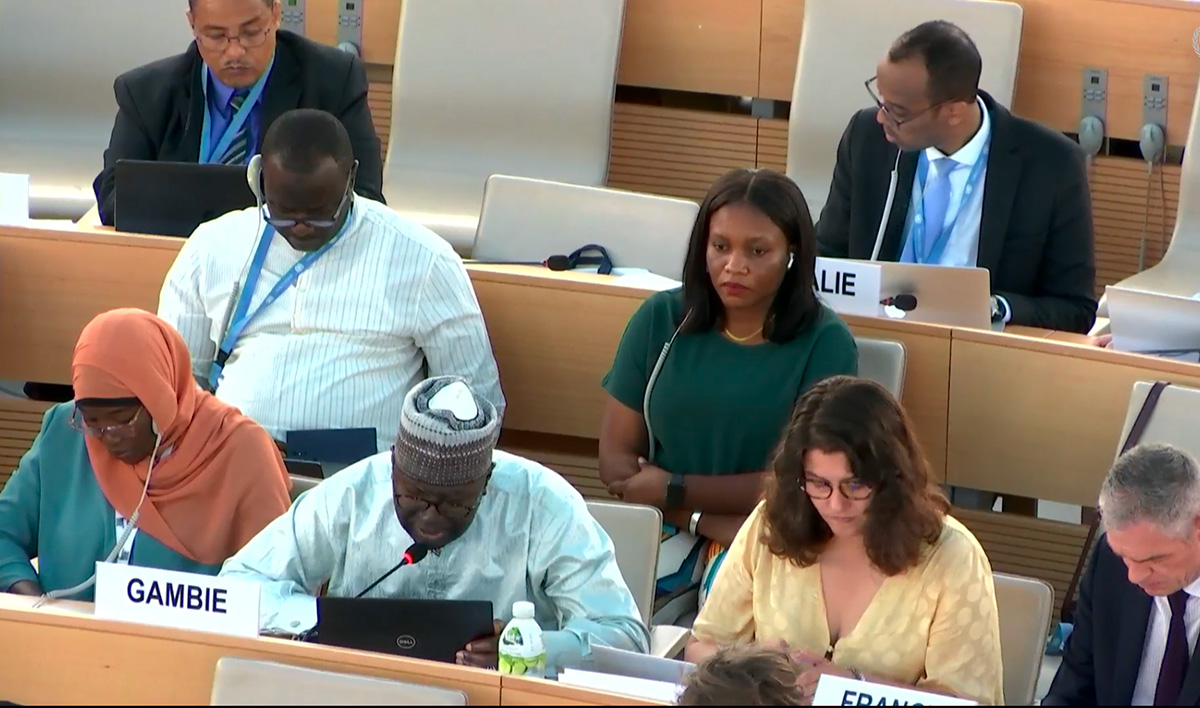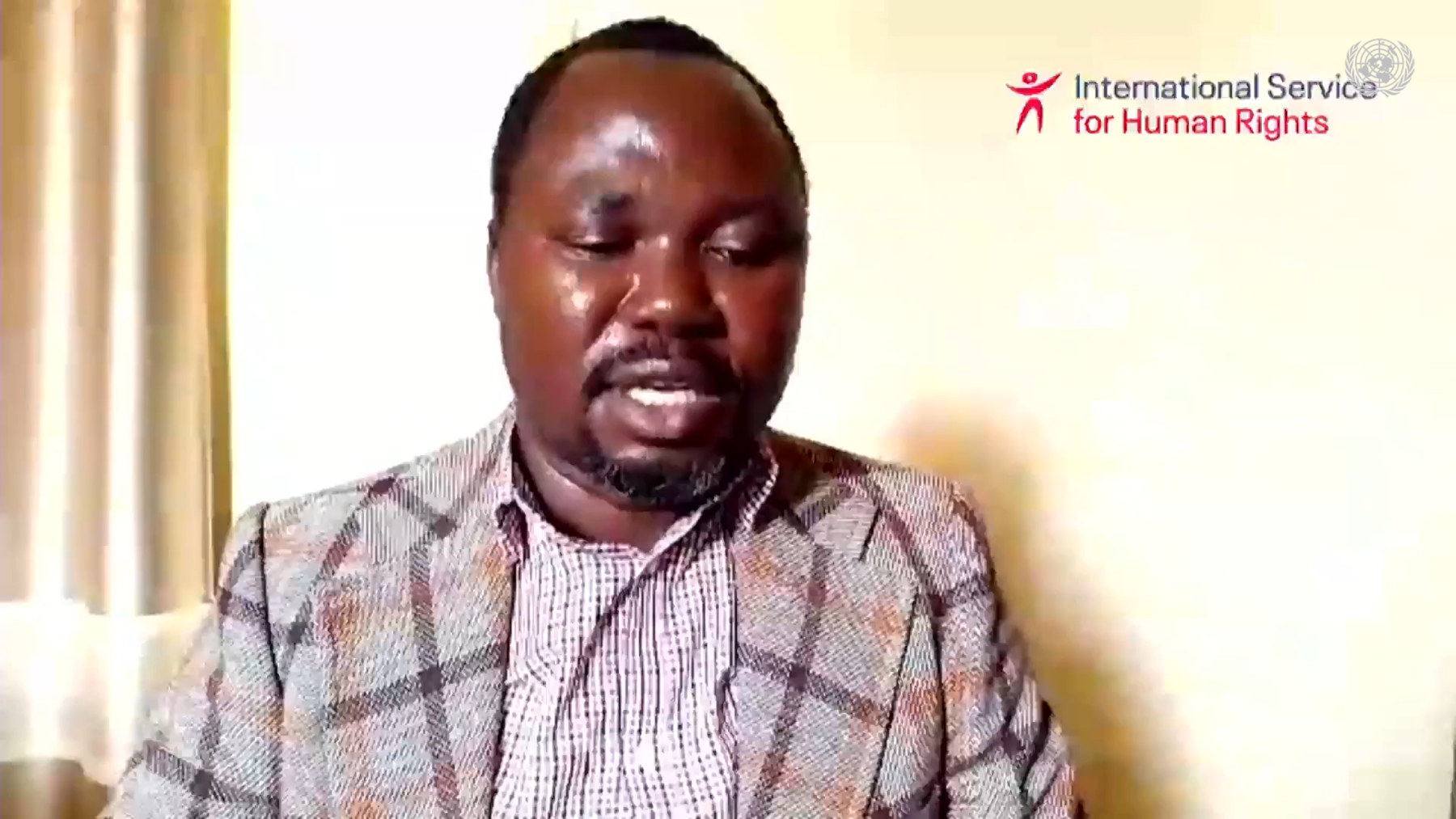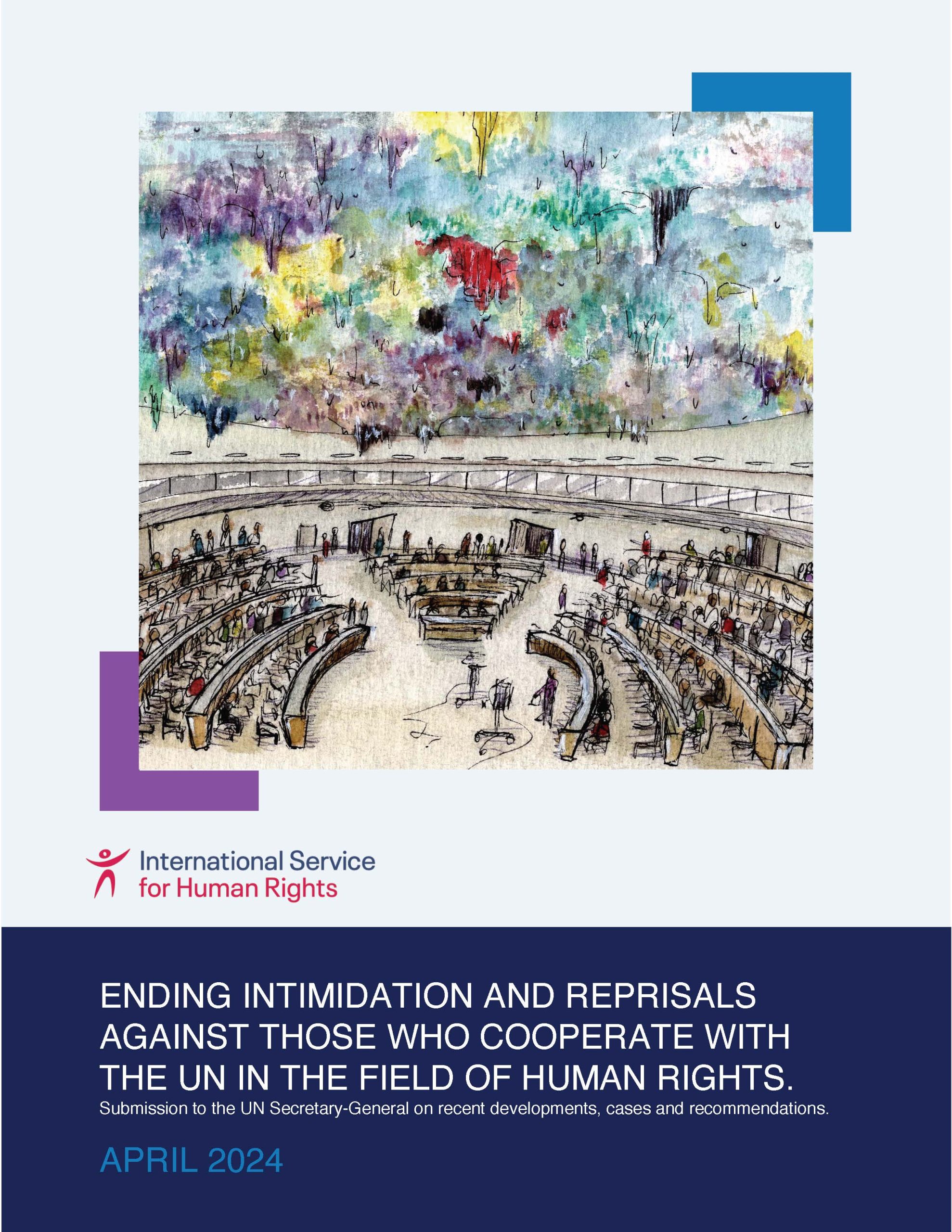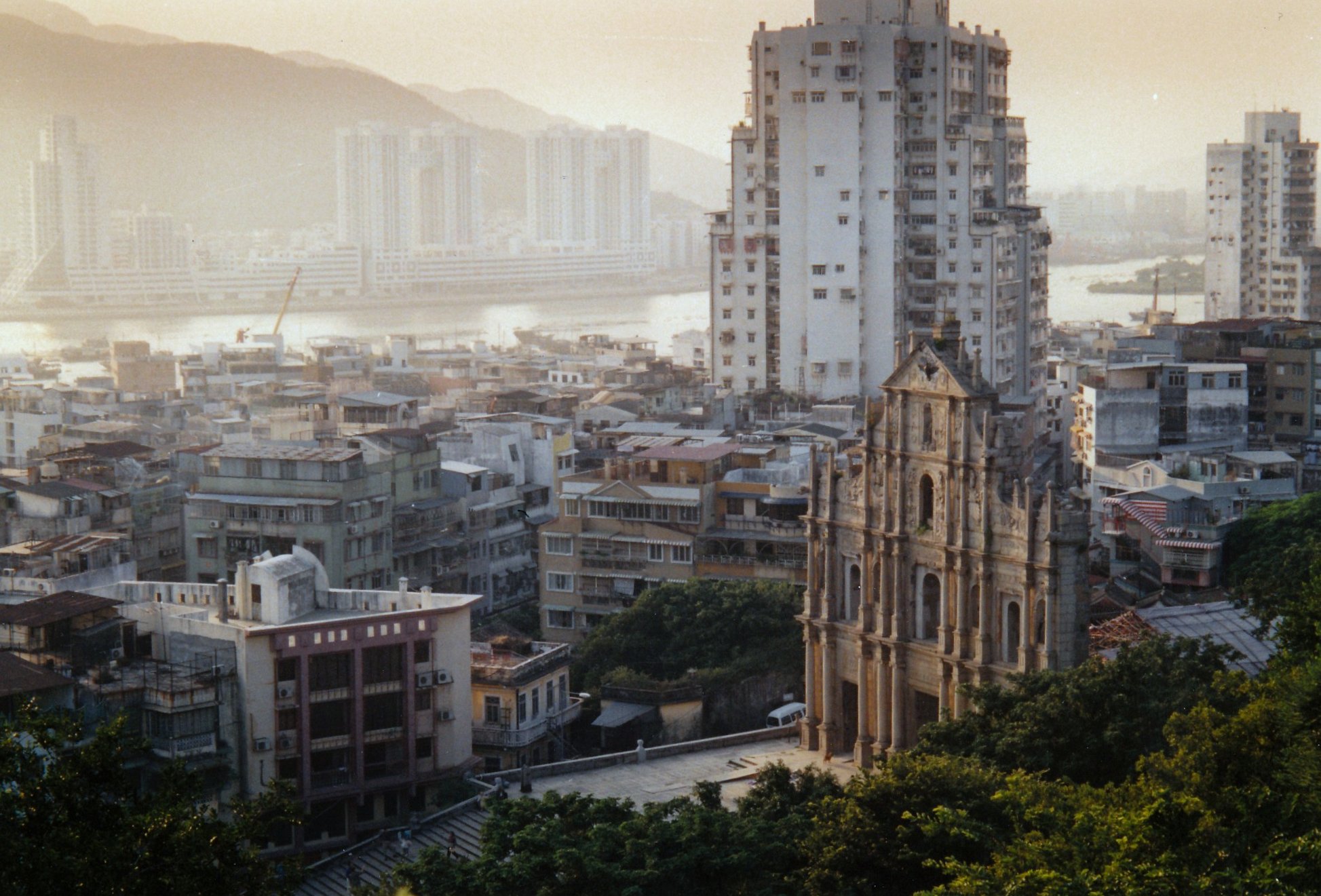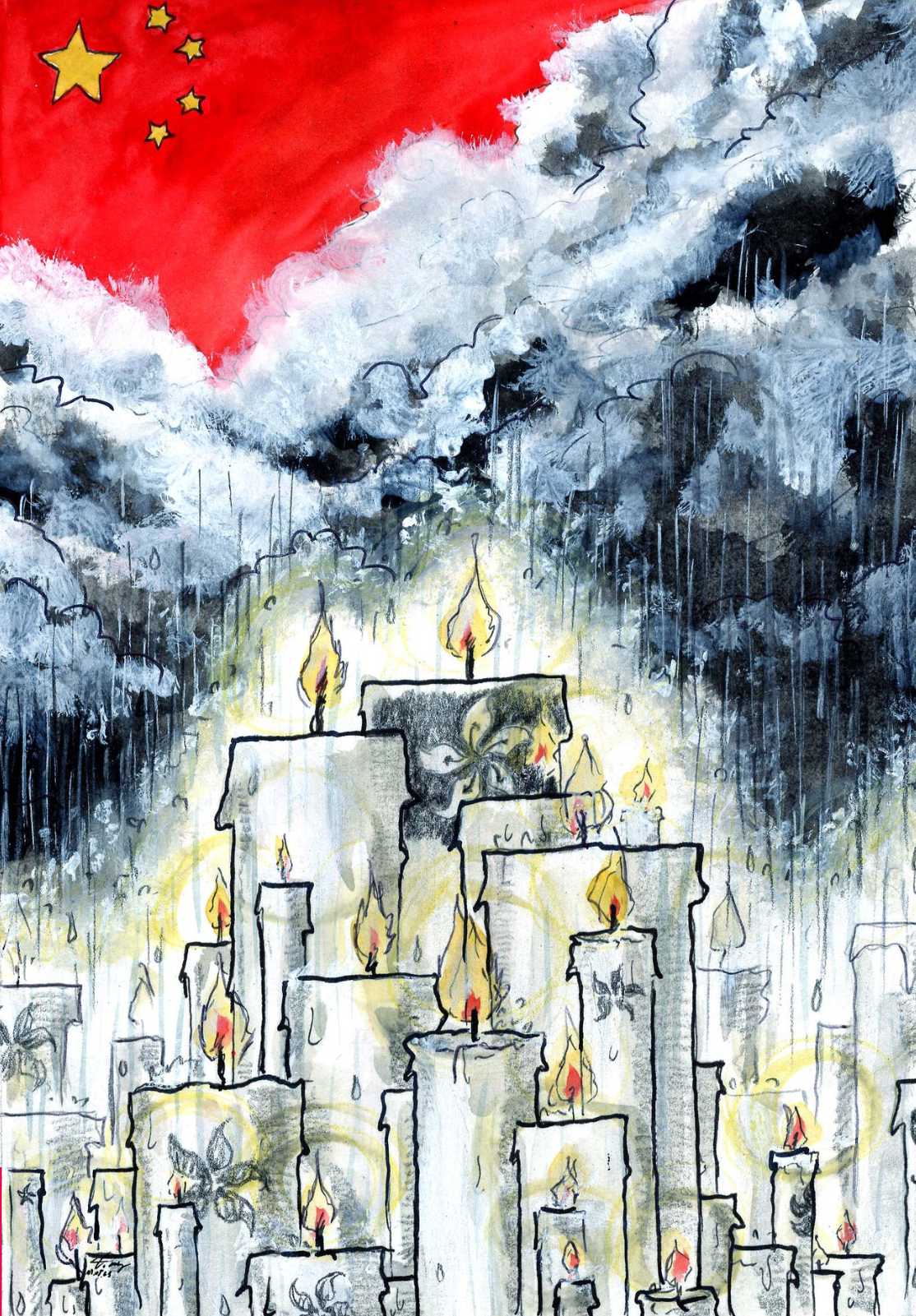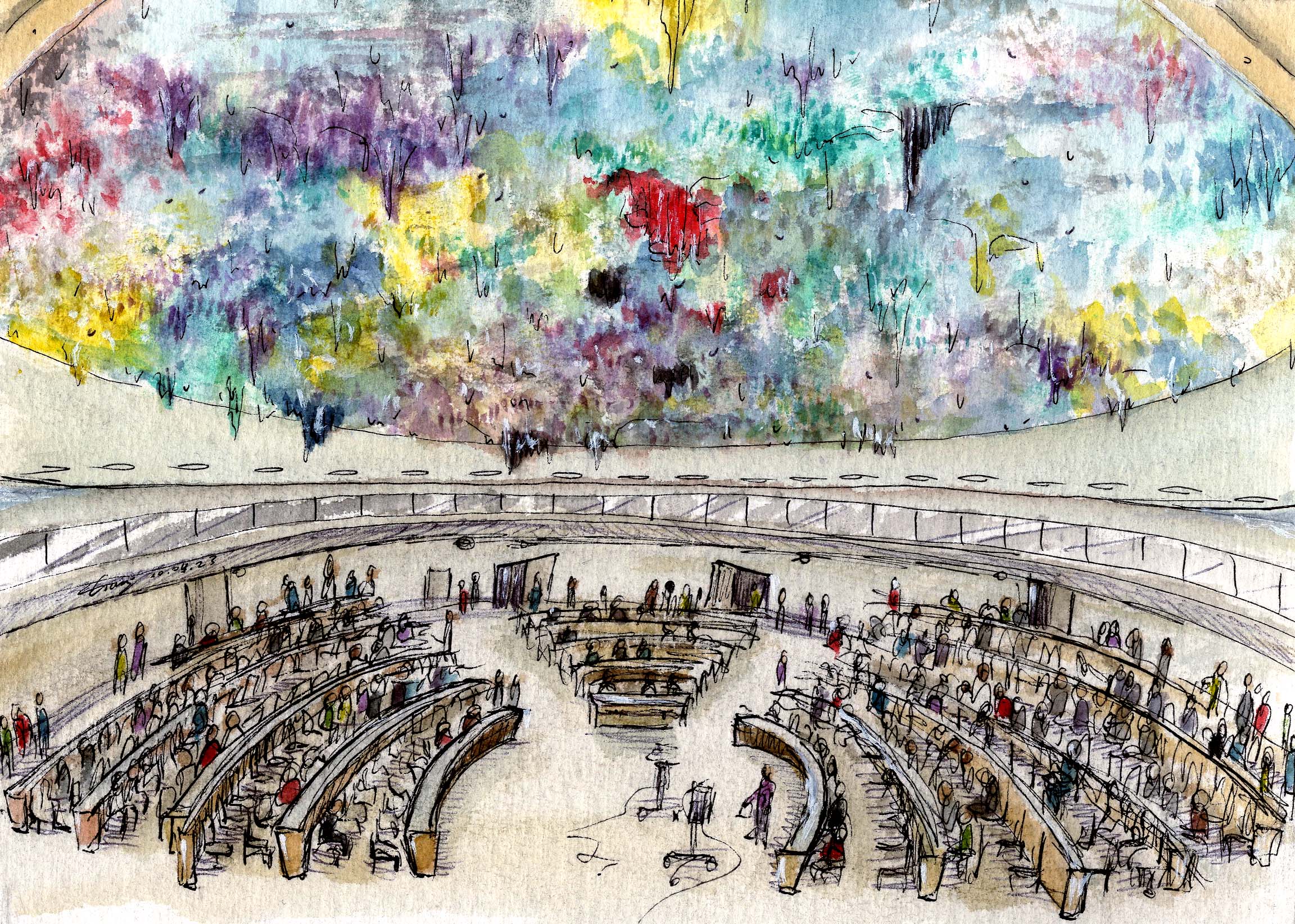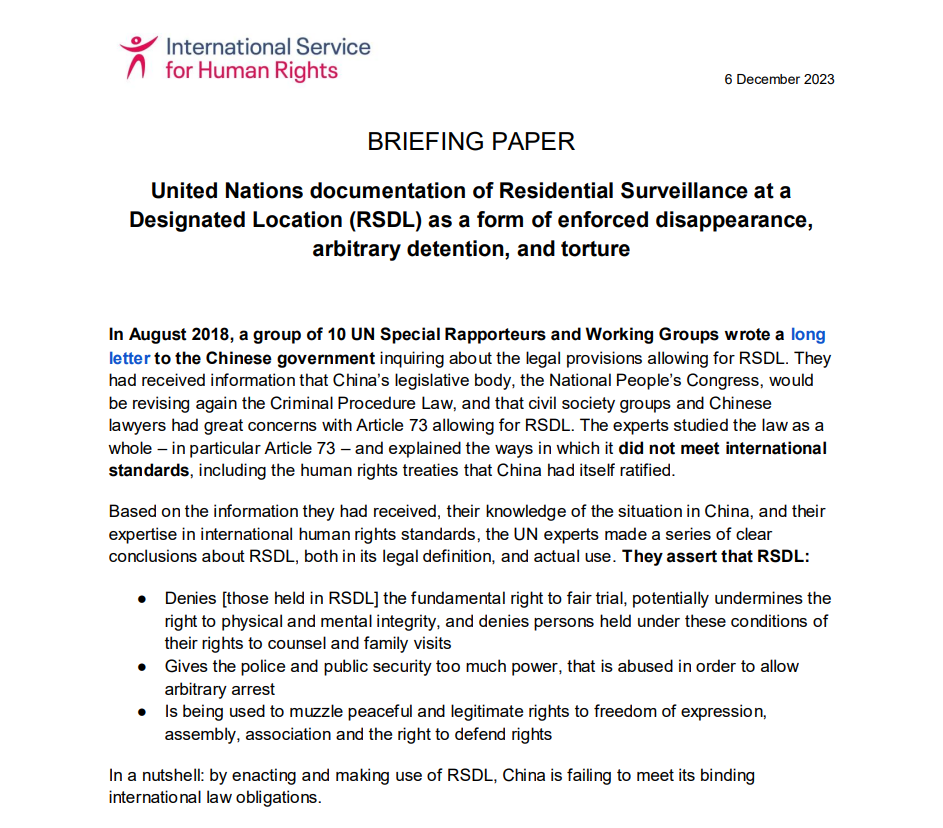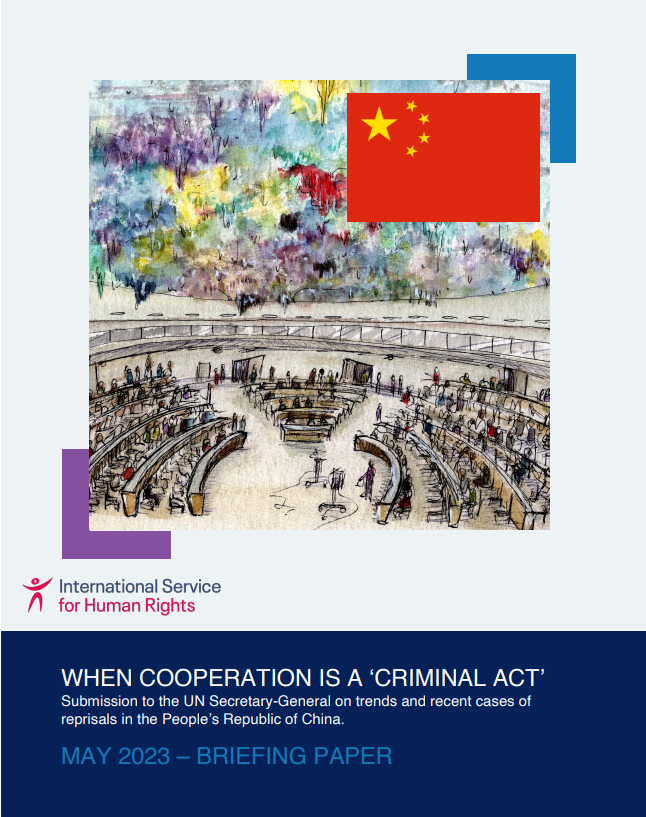ISHR works closely with a wide range of Special Procedures experts whose mandates are directly related to the creation of an enabling environment for the defence of rights – such as those focused on human rights defenders, freedom of opinion and expression and freedom of assembly and association – as well as with mandate holders whose work is seen by our human rights defender partners as critical at key moments in their own context.
ISHR also works to safeguard the independent and effective functioning of the Special Procedures mechanism as a whole, including by advocating for the appointment of highly qualified, independent experts; closely monitoring efforts to hamper these experts’ independence or limit their methods of work; and by working with human rights defenders and civil society groups to encourage States to implement the recommendations of Special Procedures.
